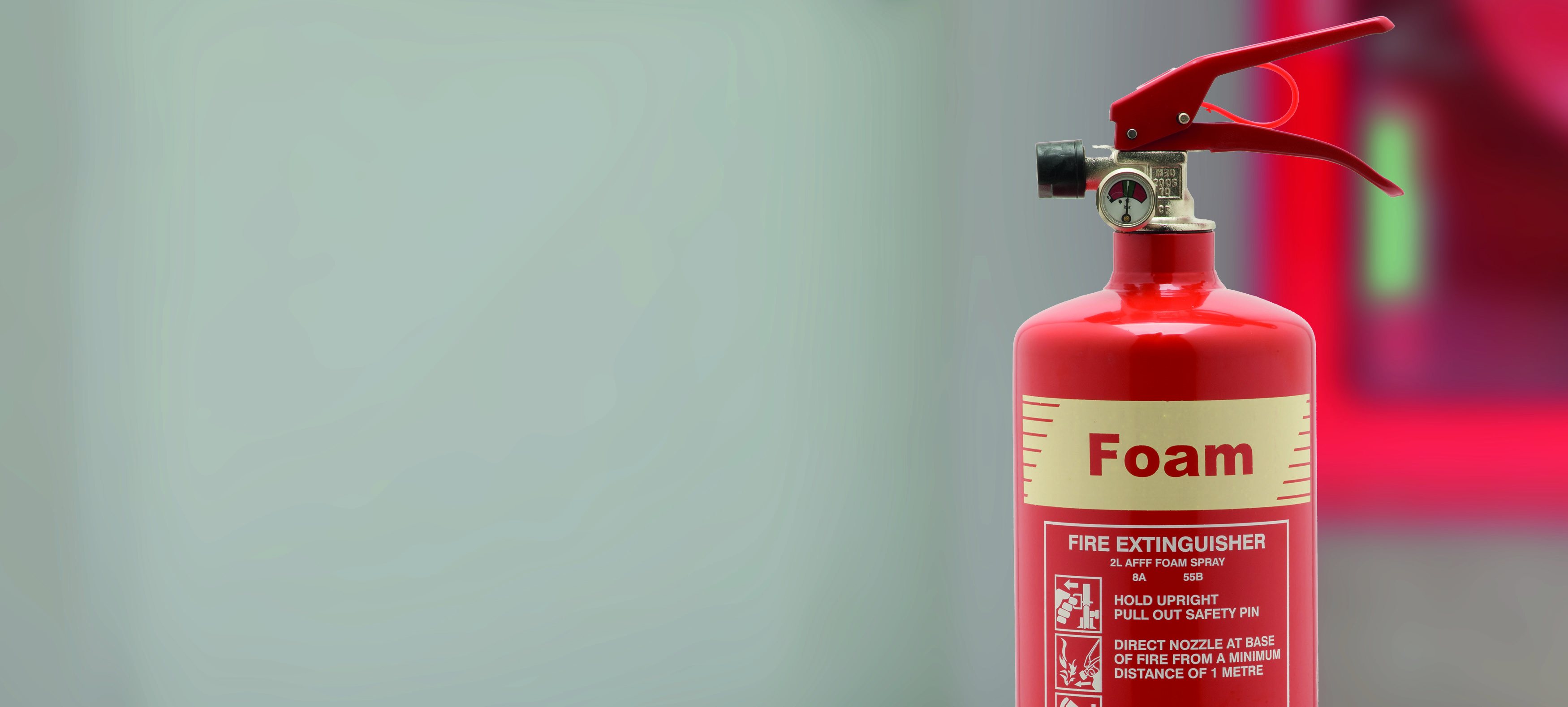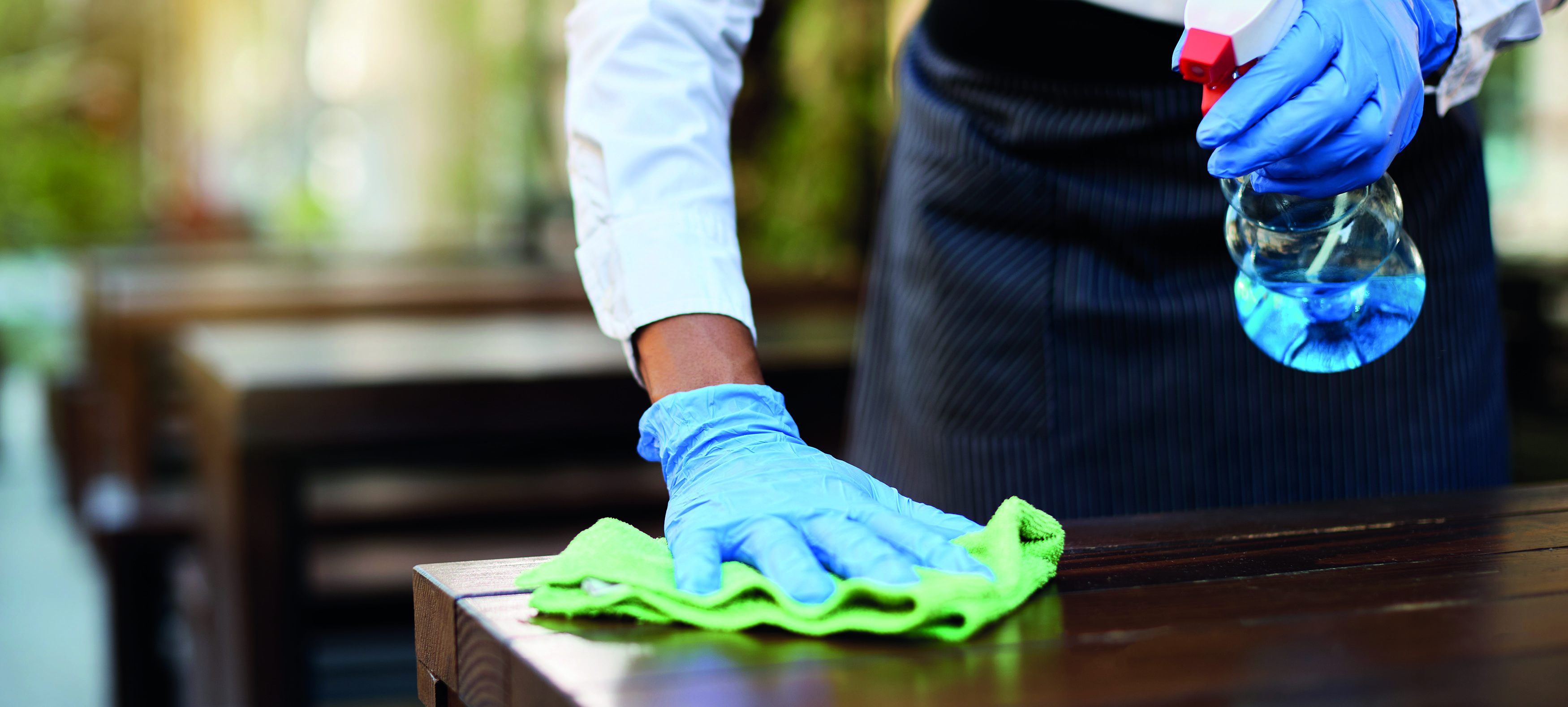With temperatures set to soar even further in the coming days and hopefully a long and hot great British Summer ahead, how can you best help prepare your team to cope in the heat and ensure food safety is maintained? We have pulled together six top tips to help you out.
- Turn down the heat – whilst it may not always be possible, the first step should always be to see if it is possible to reduce the heat. In kitchens, this could include firing up kit as late as possible and ensuring that equipment, such as burners and grills, are turned off when not being used. Mobile cooling units can be fitted, but it is likely that demand is high for such units and it may be tricky to find them.
- Get the air moving – open windows and doors to get air flowing. If in a food room, make sure that screens are fitted to stop pests from entering. Fans do help with cooling, just make sure cables do not present a trip hazard.
- Wearing the correct clothing – loose, thin clothing is best for cooling. If there is a uniform policy or an expectation of how team should dress, then make sure it is suitable for working in hot conditions. Clothing must still be appropriate for other risks, for example chefs and those working in the bar have shoes that are closed in.
- Stay hydrated – The human body is up to 60% fluid, and just 1% dehydration has been found to decrease worker productivity by a total of 12%. Employees should be encouraged to drink cool water before, during and after work. Tea, coffee and carbonated drinks should be avoided, as they are not as effective at rehydrating. In working in very hot or strenuous conditions, employees should be drinking at least 500ml per hour. Drinking glasses should be discouraged in kitchens, but sports drinking bottles are a great way of making sure team have a drink at hand. Excessive sweating can also lead to salt loss in the body, but it is not necessary to purchase expensive sports drinks to rebalance electrolytes. You can make a simple sports drink with one with a small pinch of salt and 2 tablespoons of lemon juice per 500ml of water.
- Rotate and take breaks – if certain tasks are hotter than others, look to rotate the team. For example, in a kitchen move someone working the hotline to the starter or desserts section. Regular short breaks are a good chance to cool off and have a refreshing drink.
- Remember food safety – fridges and freezers must work harder during hot weather and this can lead to breakdowns. Regular servicing of equipment helps reduce breakdowns, but there may not be time to organise that now. You can help fridges and freezers perform efficiently by ensuring that there is good air flow around them and checking that the fan units are not obstructed. A simple yet effective action is using a brush to clean down vents and then hoover them. Check that cooling vents are free from blockages. If you have external heat dumps for fridges and freezers and it is safe to access them, then make sure they are clear of debris and leaves. Check the temperature of fridges and freezers more often in hot weather, as this will alert you to an issue sooner. Checking does not always have to be with a thermometer, make team aware of being extra vigilant when taking food out and noticing if it is warm or starting to show signs of defrosting. If you rely on cooling food at room temperature before placing in the fridge, be aware that the increased air temperature will make this less effective. Consider reducing the portion size of food or other ways of cooling, for example in an ice bath. Do not be tempted to place food in the fridge when still hot, as this will only make the fridge work harder and increase the likelihood of it breaking down.
If you have any questions relating staying cool and safe in a kitchen during hot weather, then please do contact us.



